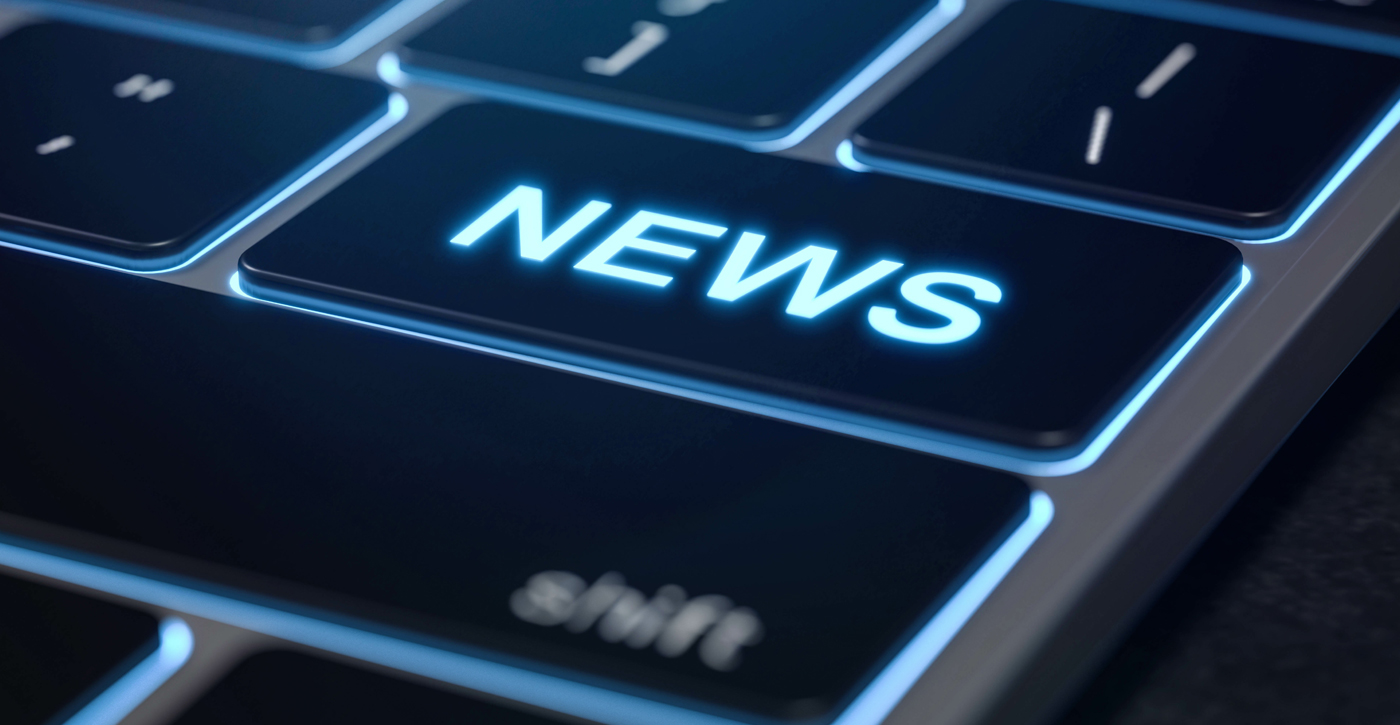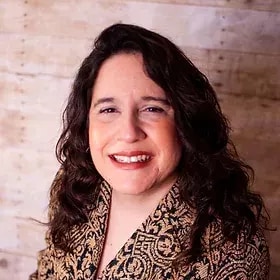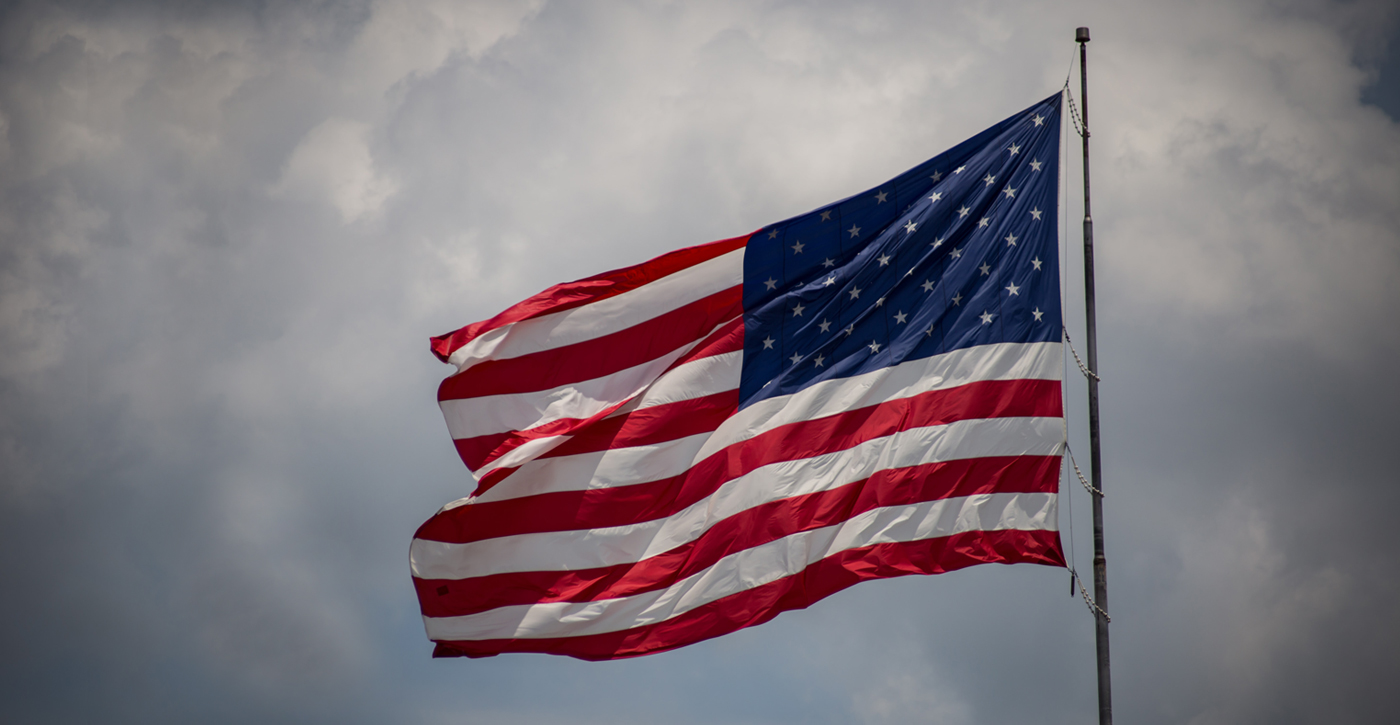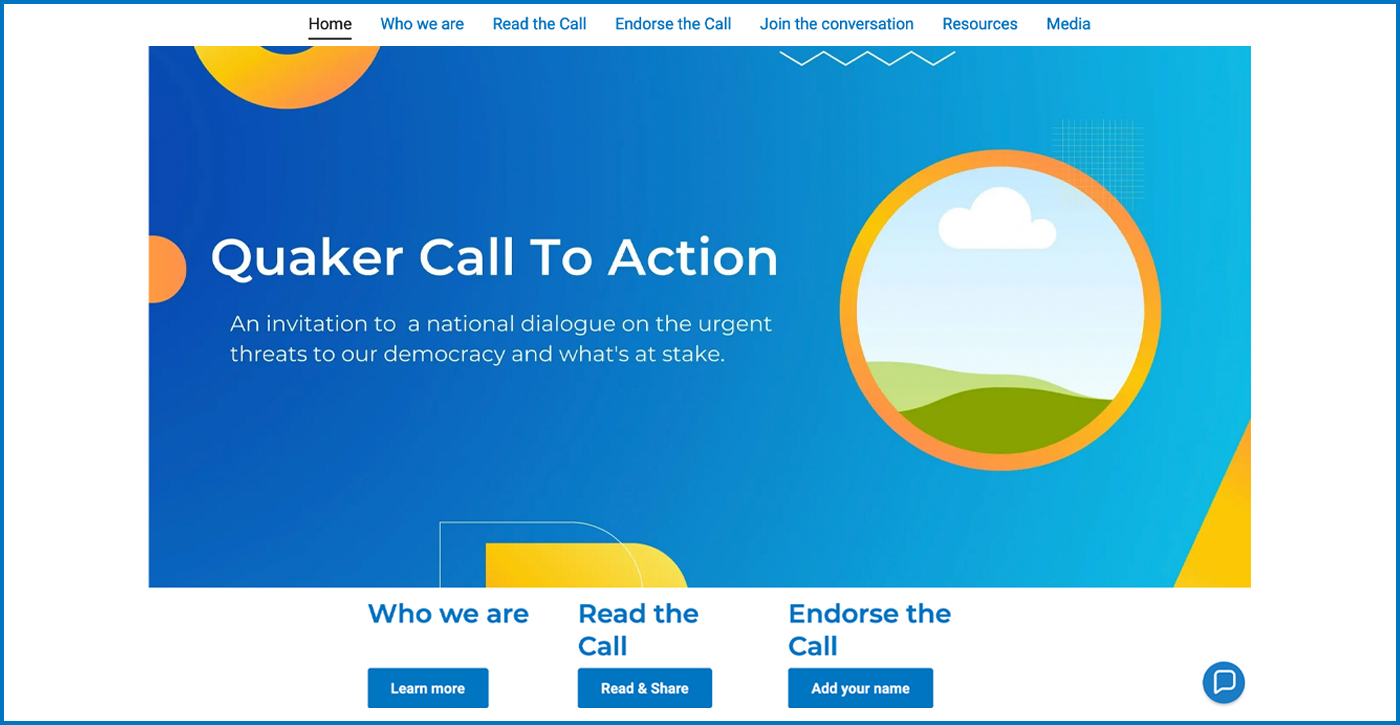Quakers nationwide have joined Quaker Call to Action to respond to threats to democracy in the United States. During the 2022 midterm elections, Friends volunteered to register voters, staff polling places, and work as election officials. As of October 2023, 783 individuals and 80 meetings and organizations across the country have endorsed the Quaker Call to Action, which the group updated in July after having started it a year prior in June 2022.
The updated Quaker Call to Action statement encourages Friends—individually and collectively—to affirm the Light of God in everyone and publicly support human equality. It calls on Quakers to publicly oppose gerrymandering and restrictions on voting, as well as to volunteer as poll workers and election workers.
Quaker Call to Action has hosted eight national Zoom calls in which Friends gathered to build community and determine future actions. A November 15 Zoom call introduced participants to the organization RepresentUs, which promotes campaign finance reform and ranked choice voting. A recent Zoom call featured a talk by longtime Quaker activist Parker Palmer.
Palmer asked attendees to consider, “How can I/we respond with resolute love even while I/we might be struggling with fear, apathy, hate?”
Palmer suggested that Quakers need to stand and act in the “tragic gap” between daily reality and the best we can do. Palmer recommends speaking from one’s own identity and one’s own soul. For instance, if a White Friend hears someone disparaging People of Color, they can say that the negative comments are harmful to people the Friend deeply loves.
The idea of standing in the tragic gap between reality and ideals is rooted in Quaker tradition, according to Diane Randall, who serves on the Steering Committee of Quaker Call to Action. Randall was formerly the general secretary of Friends Committee on National Legislation; she retired from that position in 2021. Quakers can approach political advocacy in a worshipful way, according to Randall. Friends who are part of Quaker Call to Action are seeking not only to preserve democracy but also to remake democracy so it works for everyone.
The January 6, 2021 insurrection inspired Randall to join the Call. Members of the group were concerned about the potential for further political violence related to the 2022 election.
The Steering Committee of Quaker Call to Action is planning Zoom calls in 2024 that will feature information on electoral reform, according to Randall. Members support the John Lewis Voting Rights Act. Concerns include denial of election results, Christian nationalism, and election-related violence.
Randall wishes to encourage Friends to “claim the opportunities of citizenship” and elect candidates committed to changing systemic racism and climate change.
The initial Urgent Call to Action, as it was then called, was issued in 2022 as the result of the discernment of 19 Friends who share common concerns about U.S. democracy; most of the original 19 signatories have served in prominent roles in Quaker organizations. Their process consisted of three or four two-hour Zoom meetings from which grew a public statement. Steering Committee member Michael Wajda worked with cofounder Bruce Birchard to compile a 200-address email list of Quakers to invite to future gatherings.
Wajda does not know how many participants nationwide have volunteered as poll workers or election officials, but on the agenda of the next committee meeting is a plan to develop a survey to find out.
Wajda noted that some meetings have not joined because of the group’s commitment to political influence.
“When people say it’s too political, I would beg to differ,” Wajda said.






In Illinois, non-partisan voters cannot vote in primaries (where most decisions are made) or serve as election judges, including any non-partisan government worker, journalist, or veteran, inherently infringing on Constitutional right to vote. If parties paid for their own private caucus to determine primary winners that’s ok, but taxpayers are footing the bill the primary elections in Illinois, which means everyone should have the right to vote in the primary, regardless of party.
To understand January 6th requires understanding how much the internet has expanded communications to include everyone, not just the elite. The solution to free speech is not banning it, but more free speech…and some love and forgiveness would also bring us peace. The result is exposing the outdated divisiveness of a winner-take-all (exclude everyone else) government, which effectively only allows two parties to compete. If two companies controlled 25% of our US economy (~$6T), then lack of real competition would trigger antitrust laws to break apart the duopoly. The duopoly benefits from divisive us/them, with us or against us thinking, using our media to divide We the People, particularly on Main St. USA, for the benefit of billionaires who control the system. In Switzerland, the executive branch has 7 leaders sharing power and rotating the lead chair each year. Why couldn’t we elect at least four people to share the Presidency, so women and minorities could regularly have a seat, voice, and vote on executive decisions, in proportion to votes earned in election? Reading our Constitution, there is no clear requirement the President be just one person, avoiding the need for a difficult Amendment. Normal people would feel much better about not having a single person unilaterally controlling our nuclear button.